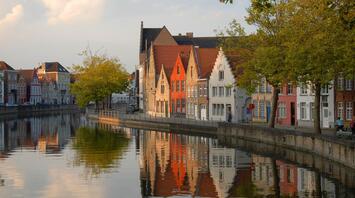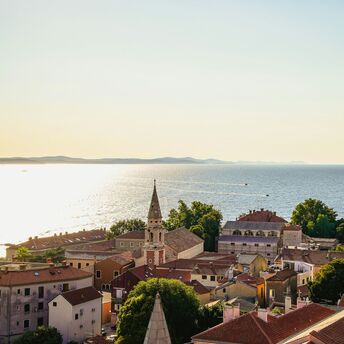Bruges Implements New Measures to Address Overtourism

In 2023, Bruges, a picturesque Belgian city, welcomed over 8.3 million tourists, significantly surpassing its local population. To mitigate the effects of overtourism, local authorities have enforced limitations on short-term rentals and suspended the development of new hotels within the city’s historic core. These initiatives aim to safeguard the city's infrastructure and alleviate the burden on residents, whose everyday lives have been impacted by the influx of visitors.
However, some specialists suggest that the main issue remains the day-trippers, especially those arriving on cruise ships. Bruges has already reduced the number of permitted cruise vessels and has ceased promoting the city in specific areas. Nevertheless, the city has chosen not to impose a tourist levy, instead focusing on maintaining an open and inviting atmosphere while ensuring the protection of its cultural heritage.
For travelers seeking destinations similar to Bruges, Ghent and Antwerp in Belgium present comparable medieval allure without the overwhelming crowds. Ghent, known for its historical architecture and serene canals, offers a more peaceful experience, while Antwerp’s rich artistic history and impressive buildings provide an engaging alternative to Bruges. Both cities deliver cultural depth with fewer visitors.
Another option for those interested in scenic European cities is Salzburg, Austria. Celebrated for its baroque architecture and ties to Mozart, Salzburg presents a visually stunning and culturally rich environment. Though smaller in size than Bruges, Salzburg offers a harmonious blend of history, culture, and natural beauty, making it an ideal destination for travelers who wish to avoid overcrowded hotspots.
These changes in Bruges underscore the continuing dilemma for cities that rely on tourism while striving to preserve the quality of life for their inhabitants. As international tourism grows, more cities may adopt similar regulations to protect their cultural treasures and urban landscapes.
For tourists, the new policies in Bruges act as a reminder to be conscious of their effect on highly visited destinations. Exploring lesser-known cities can provide equally fulfilling experiences and help ease the strain on popular spots. Responsible travel is key to preserving the unique charm of Europe's historic cities for future generations.



















